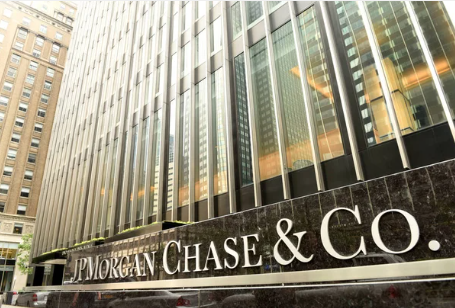

Summary
-
- The ongoing banking crisis has scrambled bank valuations and left our long financial and banking ETF trades deeply underwater.
- We think the banking sector will bounce back as the crisis recedes – although not to previous levels.
This article is only available to Macro Hive subscribers. Sign-up to receive world-class macro analysis with a daily curated newsletter, podcast, original content from award-winning researchers, cross market strategy, equity insights, trade ideas, crypto flow frameworks, academic paper summaries, explanation and analysis of market-moving events, community investor chat room, and more.
Summary
- The ongoing banking crisis has scrambled bank valuations and left our long financial and banking ETF trades deeply underwater.
- We think the banking sector will bounce back as the crisis recedes – although not to previous levels
- We retain long positions in regional banks (KRE) and insurance (KIE).
- We reverse a short position in the broad banking sector (KBWB) and add long KBWB versus short S&P 500.
- We are going long several major banks, including Citigroup (C), JP Morgan Chase (JPM), Goldman Sachs (GS) and Morgan Stanley (MS).
Crisis Scrambles Bank Valuations
Over the past year, we have been long the financials ETF XLF versus short S&P 500 (SPX) in our model portfolio, expecting financials would benefit from rising interest rates. We have further been long a regional bank ETF (KRE) and insurance ETF (KIE), expecting them to benefit from rising rates, and short a broad bank ETF (KBWB), expecting large banks to underperform regional banks.
The failure of Silicon Valley Bank (SIVB) and the ongoing banking crisis have severely scrambled valuations across the financial sector (Table 1). XLF went from up 5.8% to down 5.8%, or an 11% drop. The KEI and KRE trades are down about 9% and 25%, respectively. The short KBWB position is up 33%.

One interpretation for the sharp decline in bank ETFs is that markets expect future bank earnings to decline on the order of 25% relative to SPX earnings. Bank regulation will likely be tightened and deposit insurance premiums rise. But at this point, it seems highly unlikely that bank earnings will take that kind of hit.
Most likely, banks remain depressed nearly three weeks into the crisis because of uncertainty about other weak banks out there, and the corrosive impact of the deposit insurance imbroglio, where regulators still cannot sort out what the policy for uninsured deposits should be going forward.
Rebalancing Trades
We are rebalancing our trades as follows:
- Retain long positions in XLF, KRE, and KEI versus short SPX in expectations that they will outperform SPX as the crisis recedes.
- Replace short KBWB versus long SPX with a long KBWB versus short SPX.
Go Long Major Banks
We suggest taking long positions in major banks, including Citigroup (C), JP Morgan Chase (JPM, Morgan Stanley (MS), and Goldman Sachs (GS) versus a short leg in SPX (Chart 1). These banks are down 10-15% since 6 March. They should benefit from their SIFI status and deposit inflows in the coming weeks. Most regional banks are attractive, too, but for now, we prefer to invest in this sector at the ETF level (KRE). There remains significant uncertainty about whether some kind of shakeout is coming among regional banks – whether due to regulatory action or market forces – and which banks would be the winners and losers.

Over a 30-year career as a sell side analyst, John covered the structured finance and credit markets before serving as a corporate market strategist. In recent years, he has moved into a global strategist role.
Photo Credit: depositphotos.com
